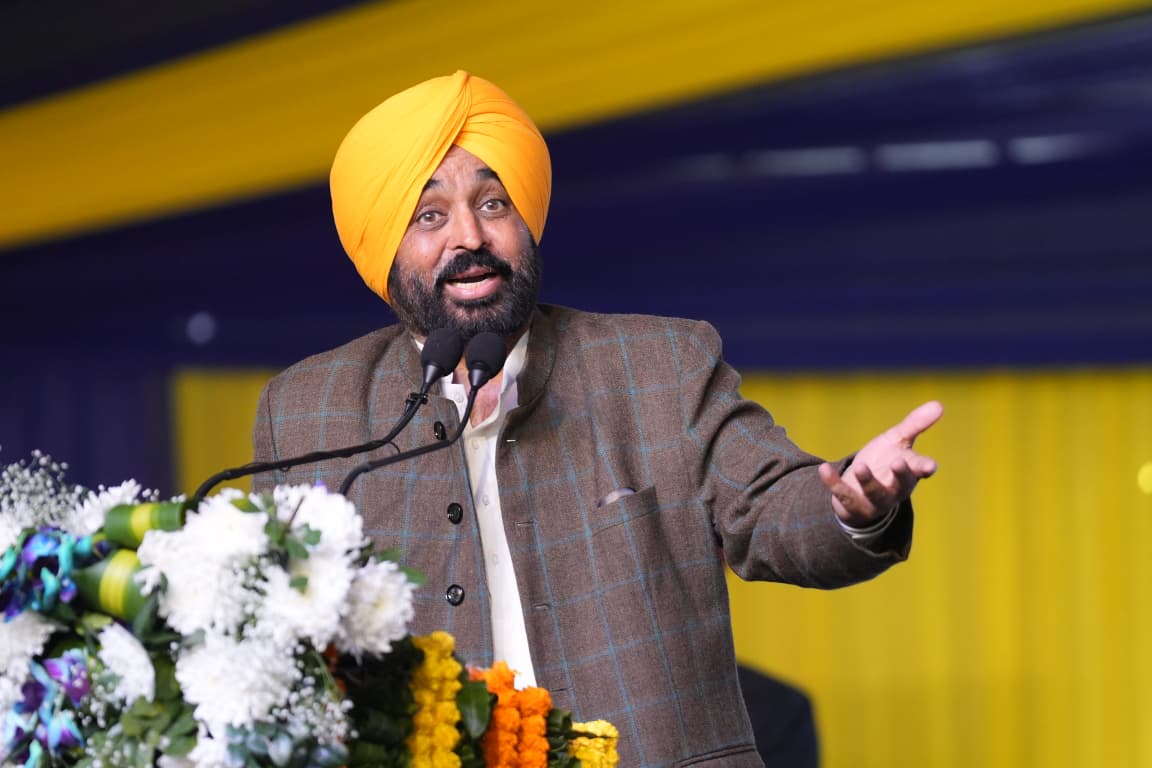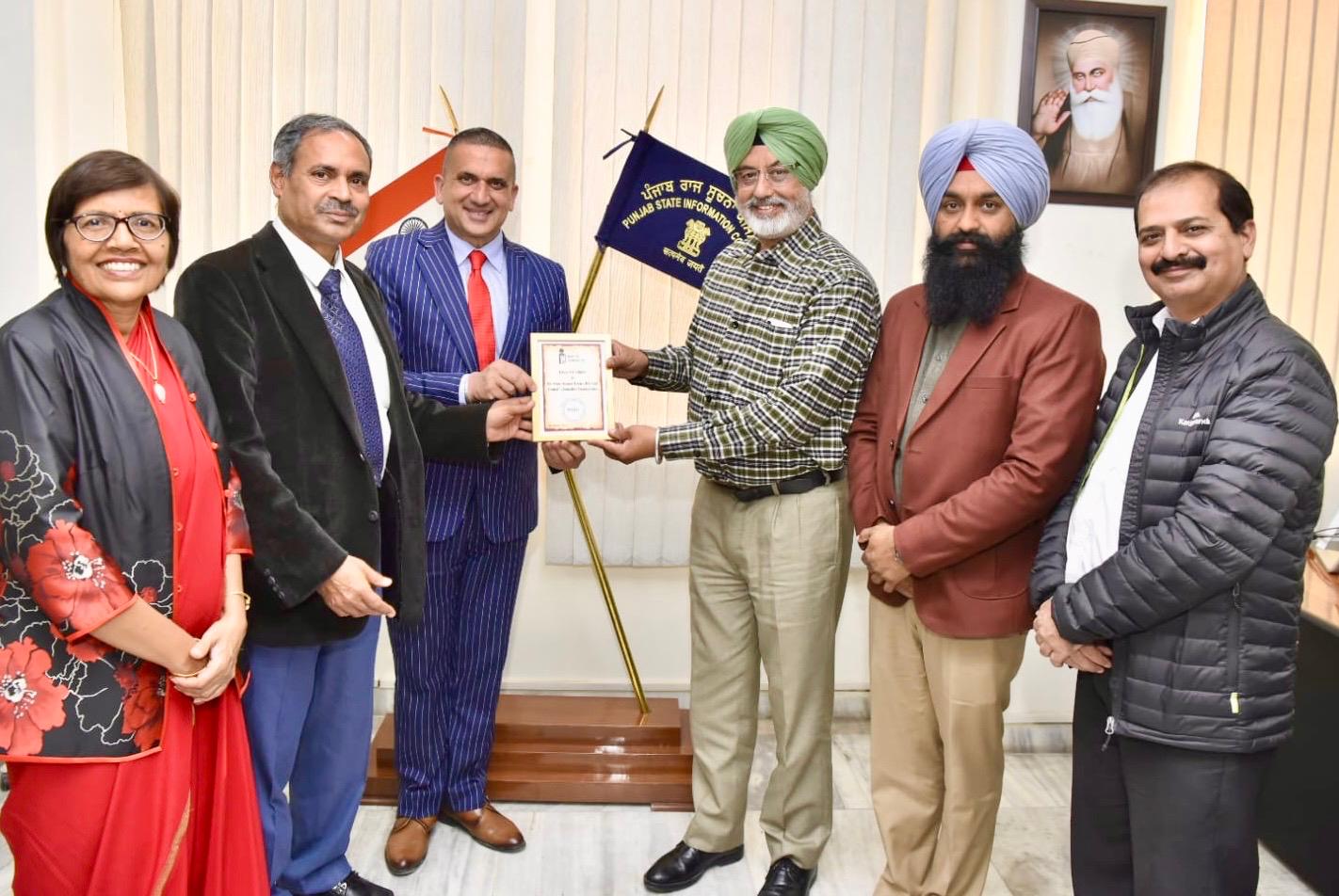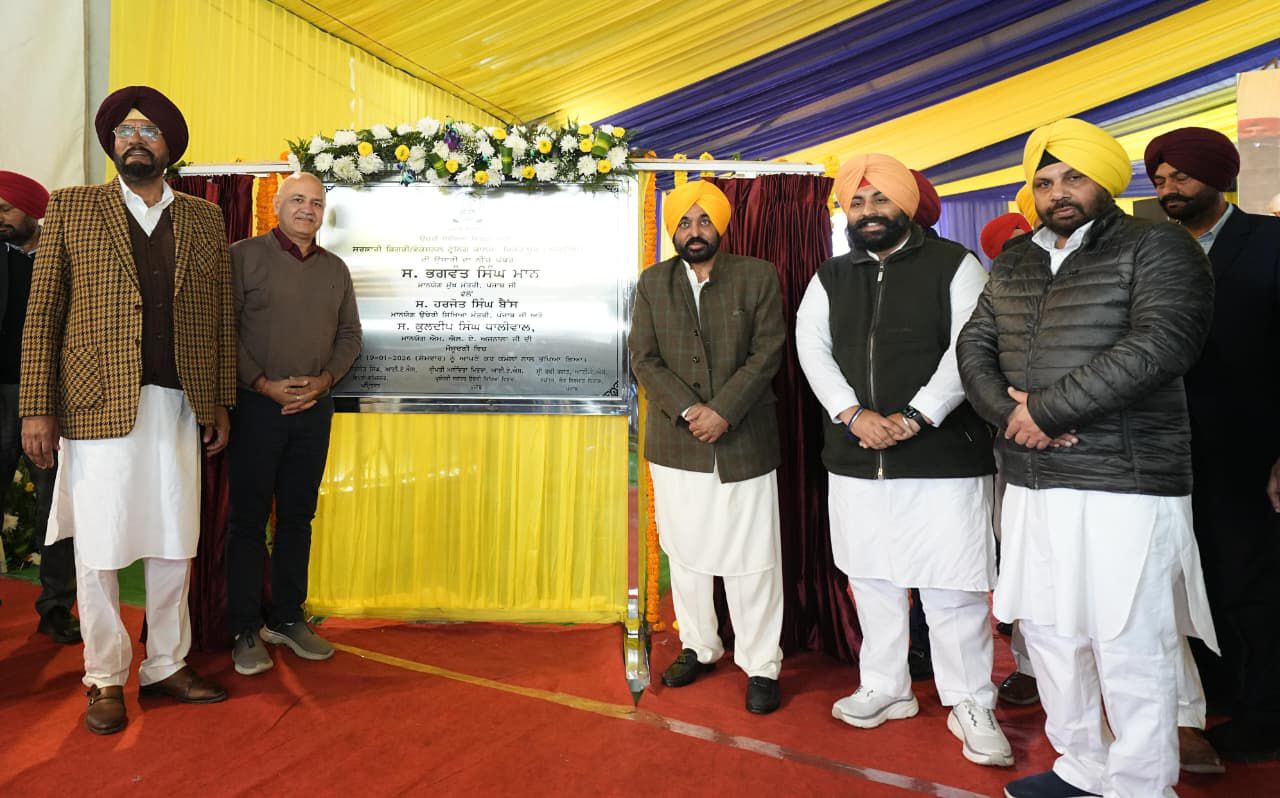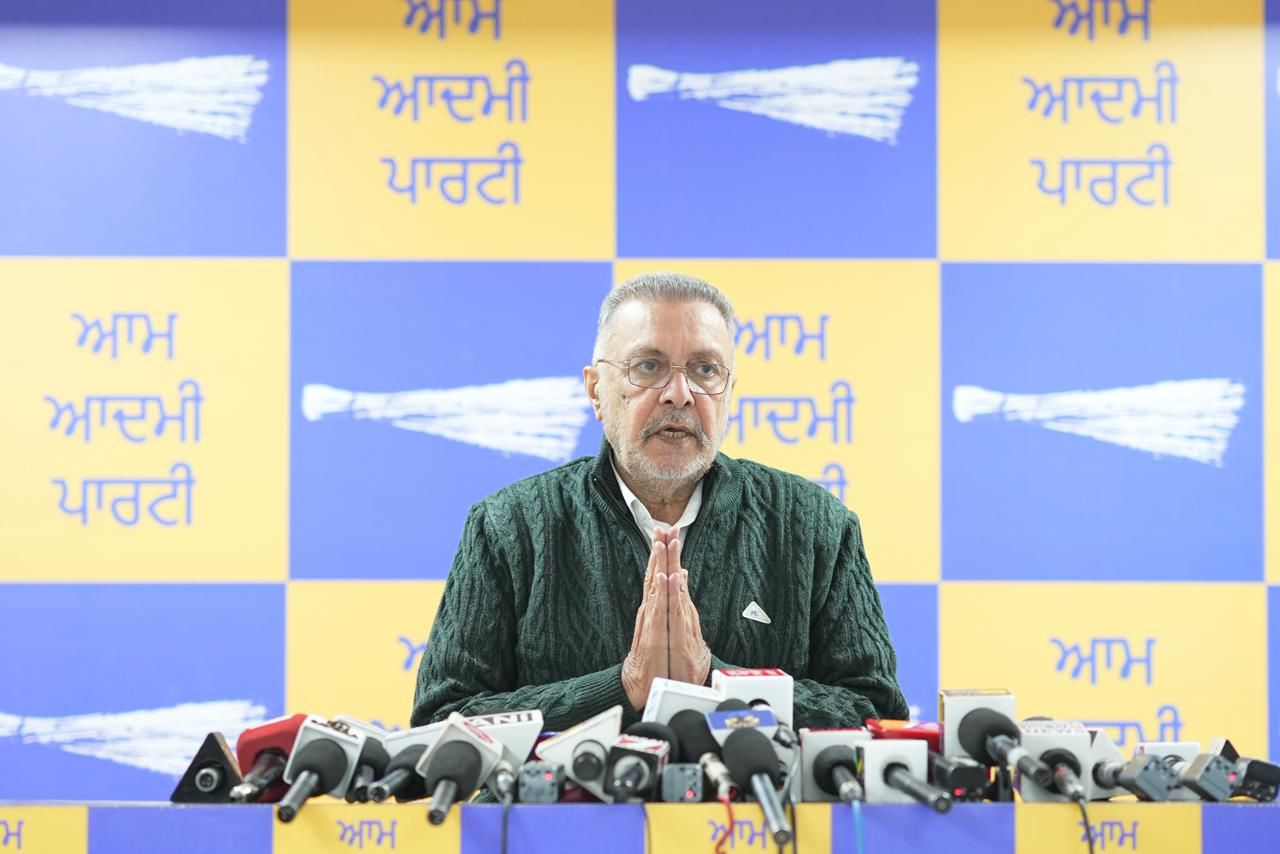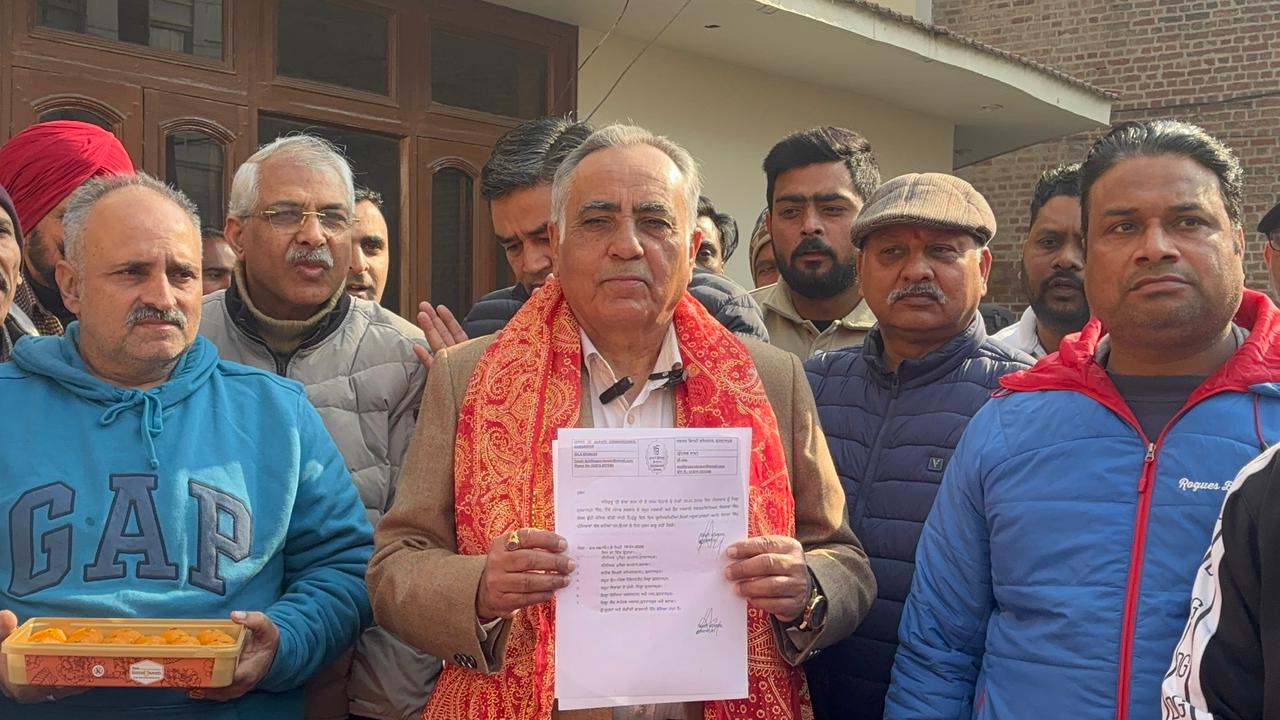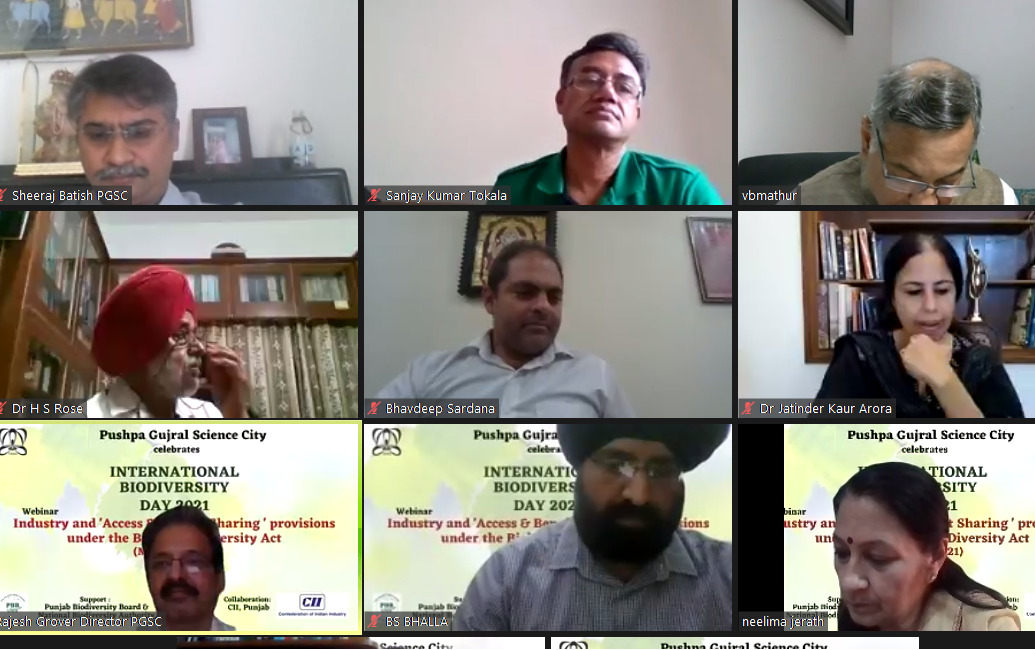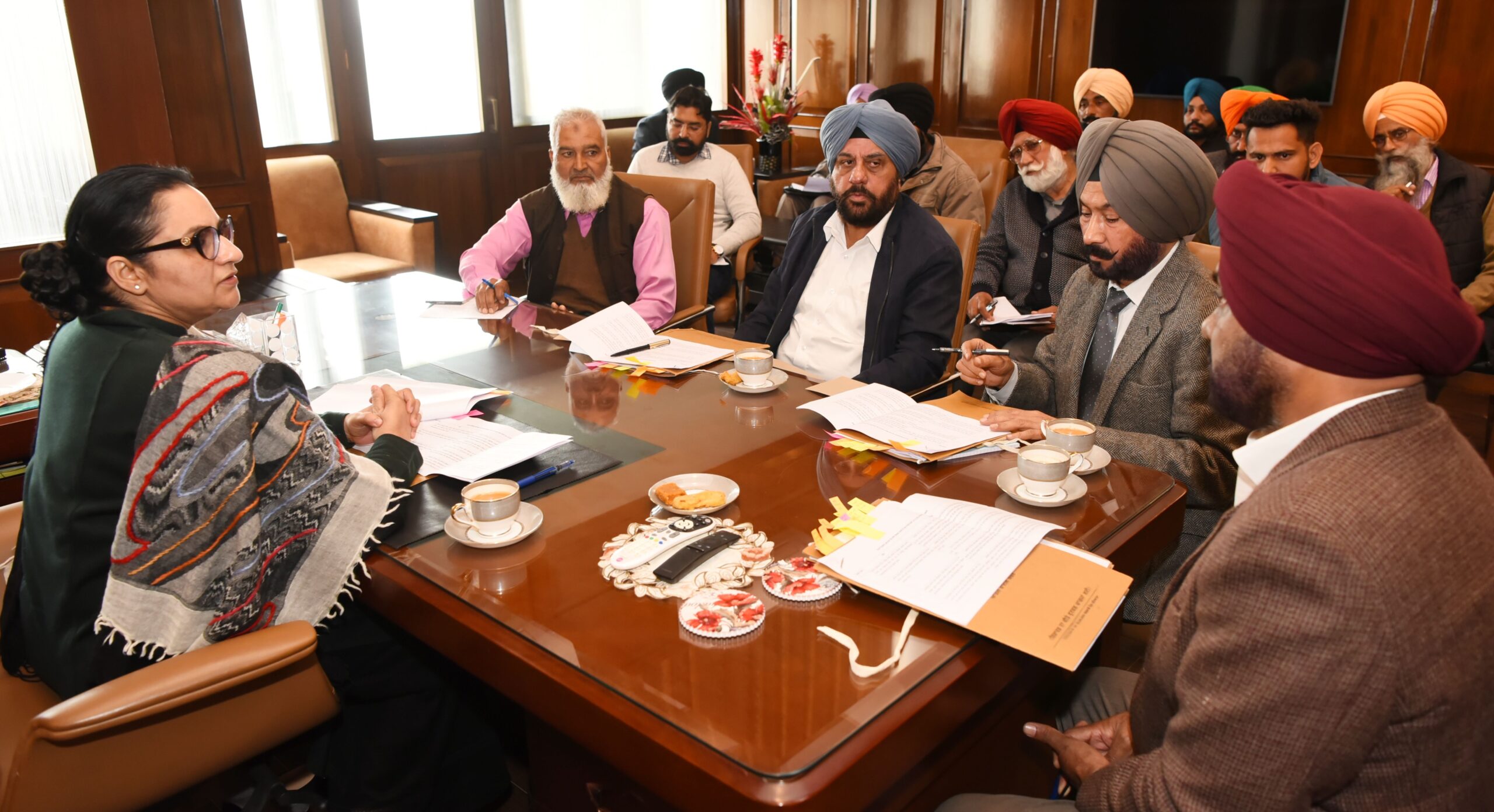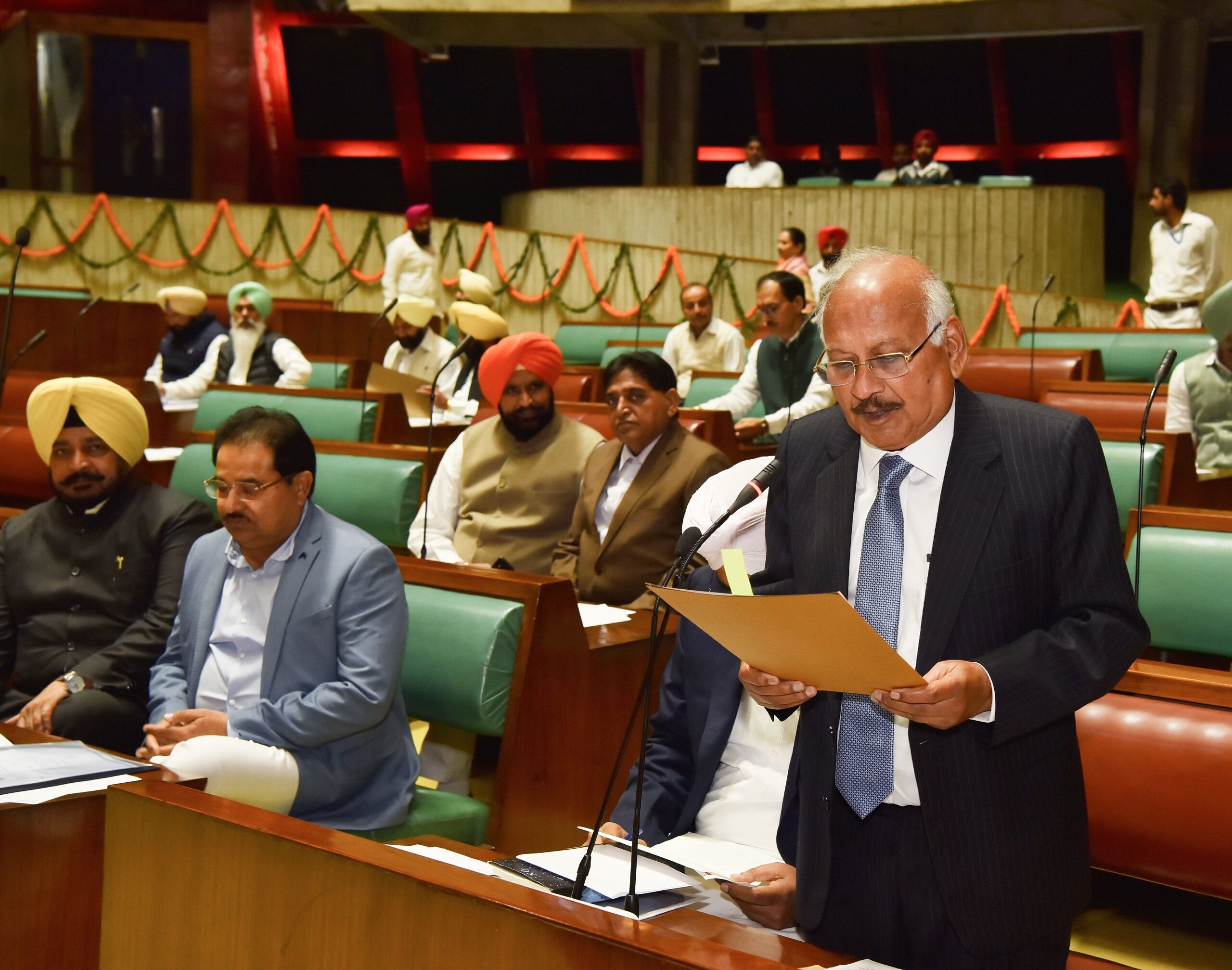The Pushpa Gujral Science City organized a webinar in collaboration with Confederation of Indian Industry (CII), on ‘Industry and Access & Benefit Sharing(ABS) provisions under the Biological Diversity Act’ at the occasion of International Biodiversity Day, 2021. The webinar was supported by Punjab Bio-Diversity Board and National Biodiversity Authority. It was attended by about 300 industrialists, experts, researchers, Biology students and teachers from across the country.
Addressing the participants, Dr.V.B Mathur, Chairman, National Biodiversity Authority, underlined the significance of ABS in the national and international perspective. He highlighted that ABS could become a powerful tool to achieve the objectives of conservation and sustainable use of bio-resources and its adoption could lead communities towards the path of sustainable growth. He informed that India was a world leader in enacting and implementing the Biological Diversity Act and countries were looking up to us for implementing the ABS mechanism also. He, however, expressed his concern over the slow implementation of the ABS provisions in the country as called for under Articles 15, 16, and 19 of the CBD.
Mr.Bhavdeep Sardana, Eminent industrialist & Chairman, CII Punjab, in his opening remarks, said that like many key resources in the world, genetic resources were not evenly distributed and countries rich in bio-resources needed to use them judiciously to ensure sustainable economic growth. Plants, animals and microbes together make complex and delicately-balanced ecosystems and could contribute significantly to the country’s economy. The way in which genetic resources are accessed, and how the benefits of their use are shared, could create incentives for their conservation and sustainable use, and contribute to the creation of a fairer and more equitable economy to support sustainable development.
Sharing his views during the webinar Shri J Justin Mohan, IFS, Secretary, National Biodiversity Authority underscored the importance of awareness on procedures for gaining access to genetic resources, and the provisions under the ABS Guidelines. He noted that several industries were now coming forward voluntarily to implement these Guidelines and their achievements needed to be acknowledged, appreciated and emulated. Such industries could become Role Models for their counterparts.
Dr. Neelima Jerath, Director General, Pushpa Gujral Science City, informed that it has been estimated that bio-resources provide services worth US$ 125 trillion per annum globally. Hence, the importance of recognizing sovereign rights of every country on its biological resources. India is in the elite group of Mega-diverse countries. She said that human actions including deforestation, encroachment on wildlife habitats, intensified agriculture, and acceleration of climate change, have pushed nature beyond its limit. If we continue on this path, biodiversity loss will have severe implications for humanity, including the collapse of food and health systems. Further, the emergence of COVID-19 has underscored the fact that when we destroy biodiversity we destroy the system that supports human life. Nature is sending us a message which we need to decode and take collective action, she added.
Speaking at the occasion, Dr. Geetha Nayak, GIZ, emphasized that protecting nature supports global economy, creates jobs and protects livelihoods. An investment of 1$ in conservation can yield a return of 9$. Access & Benefit Sharing is therefore, integral to the sustainability of Bio-resource based industry.
Mr. Sanjay Kumar, Country Manager of Valagro Biosciences, Hyderabad, which received the India Biodiversity Award, 2021 in the ABS category, said that the aim of ABS was to enable fair distribution of benefits between the users and providers so as to open the doors for innovation, as well as, create incentives for conservation. Therefore, access to genetic resources in general, and benefit-sharing from that access, is a key to sustainable development.
Dr. Jatinder Kaur Arora, Member Secretary, Punjab Biodiversity Board (PBB) in her remarks highlighted the role being played by PBB for conservation of wild and domesticated flora & fauna in the state with the prime object to promote sustainable utilization of biological resources.
Dr Rajesh Grover informed that earlier during the day PGSC had organized a talk on Medicinal Plants Diversity by conservationist and Medical officer, Deptt. of Ayurveda, Dr S. Mahotra. Further, it had conducted expert talks on butterflies and birds and Essay writing competition for students, the results of which would be announced at the World Environment Day celebrations.

